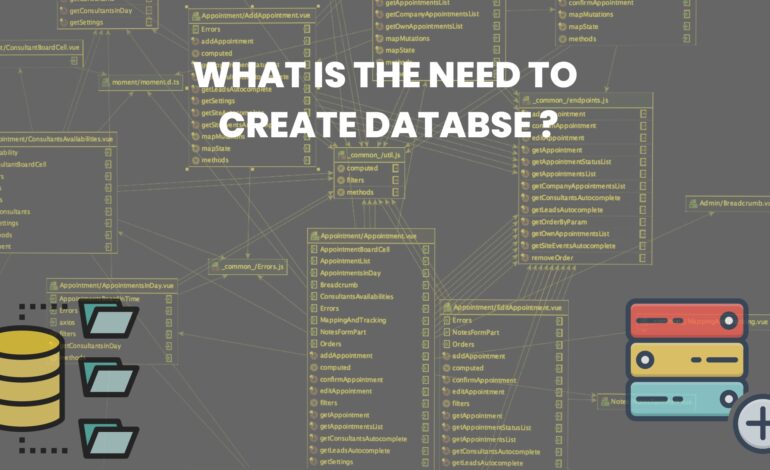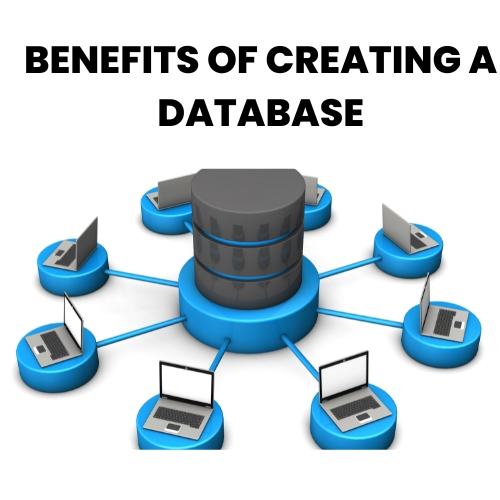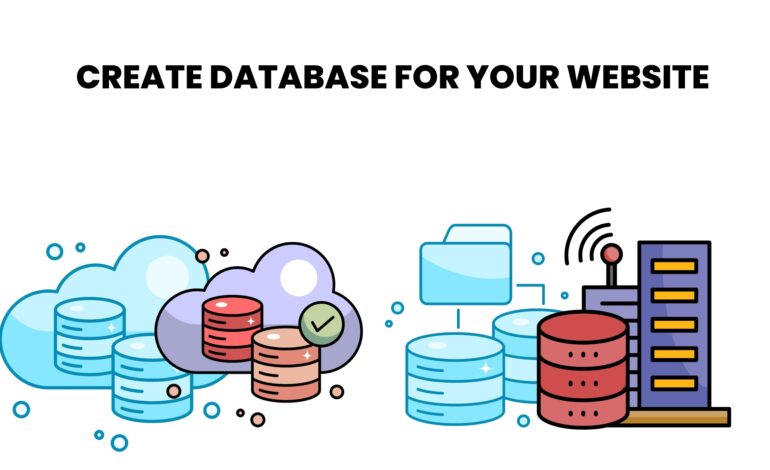Structured Brilliance : Create Databases for Data Management

Create databases for data management, particularly in the context of information management and the development of software applications. There are several tools available to create databases and manage databases, each catering to different needs and preferences. For example MySQL Workbench, Microsoft SQL Server Management Studio (SSMS), FlexLists, SQLiteStudio etc.
Databases are the silent heroes behind every successful application, ensuring data flows seamlessly to empower businesses and enrich user experiences.
Here are some key reasons why you create databases :

- Data Organization: Databases provide a structured and organized way to store and manage large volumes of data. By using tables and relationships, databases allow for efficient sorting, filtering, and retrieval of information.
- Data Integrity: Create databases to enforce data integrity through constraints and validation rules. This ensures that the data stored is accurate, consistent, and follows predefined rules, preventing errors and inconsistencies.
- Data Security: Databases offer security features to control access to sensitive information. User authentication, authorization, and encryption help protect data from unauthorized access and maintain the confidentiality of critical information.
- Data Retrieval and Analysis: Databases make it easy to retrieve specific pieces of information using queries. This capability is crucial for generating reports, conducting analysis, and extracting meaningful insights from the data.
- Scalability: Databases provide a scalable solution for handling increasing amounts of data. Databases can be optimized, and additional resources can be allocated to ensure optimal performance as and when needed.
- Data Relationships: Databases allow you to define relationships between different sets of data. This is particularly important for applications where various entities are interconnected, such as in a student management system where students are related to courses and enrollments.
Other benefits of creating a database are :
- Consistency and Redundancy Control: Through normalization techniques, databases help eliminate data redundancy and maintain consistency. This ensures that updates or modifications to data are reflected uniformly across the database.
- Concurrency Control: Databases provide mechanisms for handling concurrent access to data by multiple users. Transactions and locking mechanisms prevent conflicts and ensure that data remains consistent even in a multi-user environment.
- Application Development: Databases serve as a backend storage solution for applications. Whether it’s a web application, mobile app, or desktop software, databases enable developers to store and retrieve data efficiently, enhancing the functionality and responsiveness of applications.
- Data Backup and Recovery: Databases typically include features for regular data backups and recovery. This ensures that data can be restored in the event of accidental deletion, system failures, or other unforeseen issues.
- Data Independence: Databases provide a level of abstraction between the application and the physical storage of data. This data independence allows developers to modify the database schema without affecting the application’s code.
Explore More : Step-by-step guide to creating a simple database.
In summary, creating a database is necessary to efficiently manage and leverage data in various applications. Whether it’s for business, education, healthcare, or any other field, databases play a crucial role in organizing, securing, and making data accessible for informed decision-making and application development.








